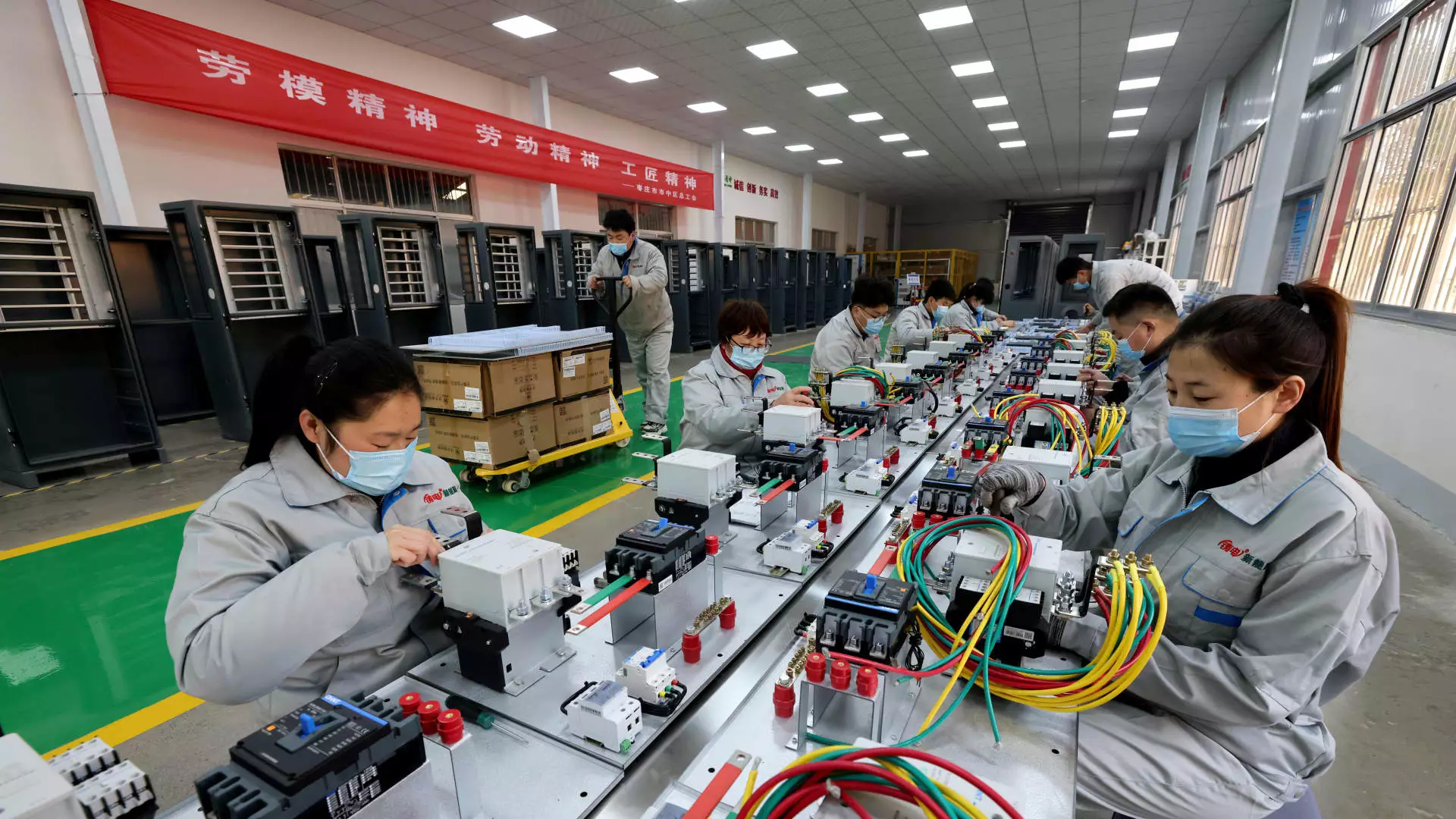As the world’s largest emerging market, China’s economy has historically attracted a significant amount of global investment. However, recent insights from experts like Perth Tolle, founder of Life + Liberty Indexes, suggest that diversifying away from this powerhouse might be a prudent move for investors. Tolle points to the inherent flaws within China’s unique blend of capitalism that, despite its rapid growth, appears to be an unsustainable model. She argues that the expectation that economic freedom would inherently lead to personal freedom is misguided. In her view, while economic freedom is vital, it alone does not guarantee the freedoms necessary for genuine individual liberty.
A Benchmark for Freedom in Investing
Tolle operates a noteworthy financial vehicle: the Freedom 100 Emerging Markets ETF, which has witnessed remarkable performance since its inception in May 2019, gaining over 43% through strategic selections that exclude China entirely. In stark contrast, other funds like the iShares China Large-Cap ETF, while showing positive gains this year, reveal a broader spectrum of risk that many investors might not be willing to undertake. This raises an important question for investors: Is alignment with democratic principles a key factor in sustainable profitability?
Tolle, who experienced life in Beijing during her formative years, emphasizes a fundamental truth she gleaned from her background as a wealth advisor at Fidelity Investments. She recalled that many of her clients clamored for exposure to the Chinese market, indicative of its burgeoning economic appeal. However, she herself was cautious. Reflecting on clients expressing similar hesitance towards investing in Russia due to ethical concerns, she notes a pattern—specific markets may present risks that go beyond mere financial considerations. This suggests that geopolitical stability and the nature of governance should weigh heavily in investment decisions.
The Alternative: Prioritizing Free Economies
Tolle advocates for emerging economies that uphold personal and economic freedoms, stating that without such frameworks, long-term economic growth will inevitably be hindered. The underlying argument is that markets rooted in stability, ethical governance, and freedoms tend to provide more robust investment opportunities. Echoing Tolle’s sentiments, ETF investor Tom Lydon emphasizes that skipping investments in China has led to a calmer investment environment with superior performance metrics.
This shift in perspective prompts investors to reconsider traditional narratives surrounding emerging markets. The allure of high returns should not overshadow the potential risks associated with governmental unpredictability and lack of personal freedoms. As investors navigate the complex landscape of global markets, a thoughtful reassessment of where to allocate capital could yield not only financial gains but also align with ethical and moral investment strategies.
While the allure of China’s economic might remains potent, an emerging consensus suggests that strategically moving away from it in favor of markets with better governance and higher freedoms may not just be a financially sound decision but a principled one as well.

